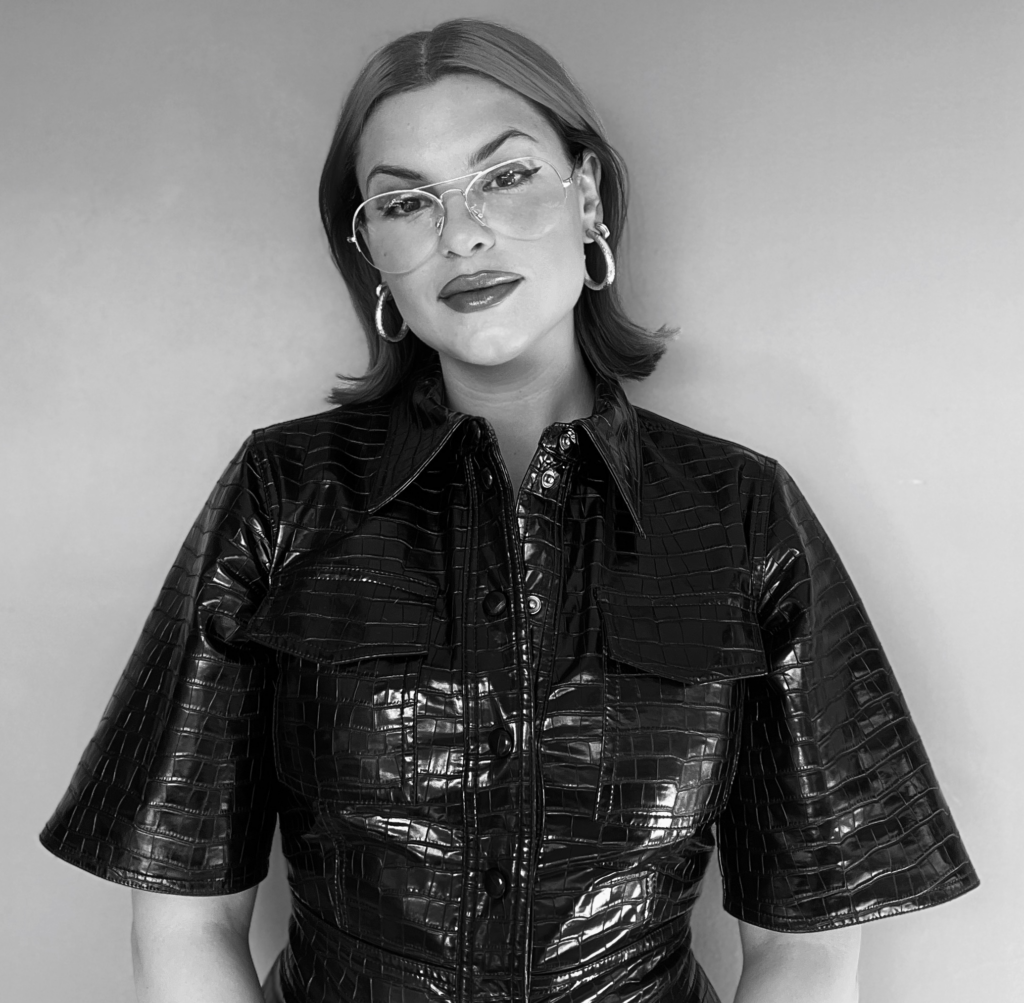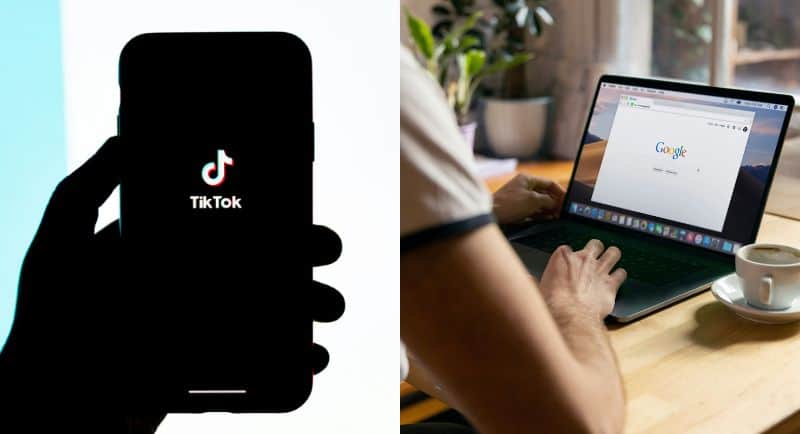TikTok is becoming the search engine of choice for Gen Z, with approximately 4.6 million Australian Gen Zs using the platform to watch content that educates, entertains, and provides the answers they need in short-form and punchy videos.
This comes as no surprise, with nearly 1 in 10 in the US likely to use the platform rather than Google, research by Adobe Express has found.
But what does this mean for brands that want to grow? How should advertisers and agencies approach and engage with the platform? And crucially, will TikTok replace Google as a search engine?

Liana Rossi
Liana Rossi, head of culture and influence at Ogilvy Australia, told Mediaweek that the platform is increasingly becoming the place to reach Gen Z specifically but that “other channels still have important roles to play.”
The appeal of TikTok comes in its snackable, short, and sharp format.
Rossi said, “It’s like ‘Video Killed the Radio’. There’s always a new way to do something, and a new behaviour emerges, maybe not always by generation, but certainly, it feels defined at the moment by Gen Z and search.”
“YouTube is touted as the world’s second biggest search engine because videos effectively communicate information. It’s not that far cry from things you might have seen on television; it’s merely how people are making them.
“There’s no denying there’s a huge shift in how people search online and use social media. Perhaps, at the same time, people have built up more utility, trust, and interest in the content on TikTok, so they’re now going straight to that search bar as a way to find product information or news queries.”

Lucy Ronald
Lucy Ronald, head of Strategy and Content at Fabulate, also referenced the Adobe research, noting that while a growing number of mature generations are also taking to TikTok as a search engine, Gen Zs are leading the charge in using it over Google.
Ronald explained that people are gravitating to TikTok as it evolves into a place for entertainment content and recommendations. She said: “Audiences want to see people experiencing the things they’re asking about in an organic and entertaining way.”
She also noted that TikTok’s algorithm that provides content personalised to the user is appealing as a search platform and makes it “easier to find the content you’re looking for from a broad sense.”

Ben Gunn
While the algorithm can take TikTok users deep down rabbit holes, Ben Gunn, co-founder and chief revenue officer of Fabulate, said getting personalised answers is good, particularly if it relates to how a user consumes content.
“I think one of the factors you need to take into consideration is if you’re a brand and you want to be found that way, you need to think about the different types of audiences that you’re going after and ensuring you’re creating content for probably many more target audiences than typically done in the past.”
Gunn explained that instead of creating commercials for the 25 to 54-year-old audience, multiple video assets should be made for specific audiences, such as “young moms with kids under five” or “parents sending their kids to high school”, to test and learn and find the audiences that most resonate with their message.
What it means for brands
Rossi said that almost every product vertical, brand, interest, and niche has a place on TikTok. However, with all the buzz around the platform’s uses, she said there still needs to be a broader mix of understanding a product, brand overlays, and search functionality on TikTok.
From a content perspective, Rossi said it was important for brands to use the platform where it makes sense and understand the context around search queries.
“But at the same time, I think there are roles for pure emotion, emotive and delivering informational and emotive messages through creators,” she added.
Ronald noted that brands use TikTok to increase awareness and persona, using influencers or their brand account.
Relatability has been an important key that brands and advertisers successful on TikTok have used in their content, from interesting behind-the-scenes posts.
She said a format style that works using a brand account to create “behind-the-scenes” posts that make fun of themselves or Employee Generated Content (EGC).
“Instagram is curated, beautiful and gorgeous, which serves a purpose as well. But TikTok has been amazing for tapping into that weirdness of what happens behind the scenes, and can have a lot more fun, which resonates again with that younger generation and lets brands be more relatable and see more,” she added.
But will TikTok kill the Google search bar?
While Rossi was of the open-minded “never say never” approach, she noted that it could be possible for both TikTok and Google to have important roles moving forward as algorithms change.
“I certainly think that there is merit in respecting TikTok as a search platform if that’s what the audience is telling us. In some instances, it’s outperforming Google in searches like for new jeans,” she said, in reference to a study by Rise at Seven.
“As brands, as agencies, as people who make content, showing up and ensuring that we have a seat at that table and getting in there with our message in a platform-appropriate way is important.”
For Gunn, Google will remain the predominant search engine but acknowledged that it could be anyone’s guess. “Five years ago, people wouldn’t have known that TikTok would be what it is today. To say what the future holds five years from now is hard to predict,” he said.
“But what I think will continue to grow and be a massive trend is how people want to consume content, which is in short-form video.”
Gunn said that short-form videos as a way of getting a message across for brands are “critical” and “need to be taken seriously.”
“Google clearly thinks that TikTok is posing some level of threat because you wouldn’t be talking to the New York Times about it if you didn’t see it as disruptive. It’s absolutely going to be disruptive, and it’s going to require brands and agencies to lean in and embrace it because it’s going to continue to grow at a really fast pace.”
“That’s the opportunity for brands now, to lean in now and get ahead of where their competitors will be when they finally catch up – if they catch up,” Gunn added.
